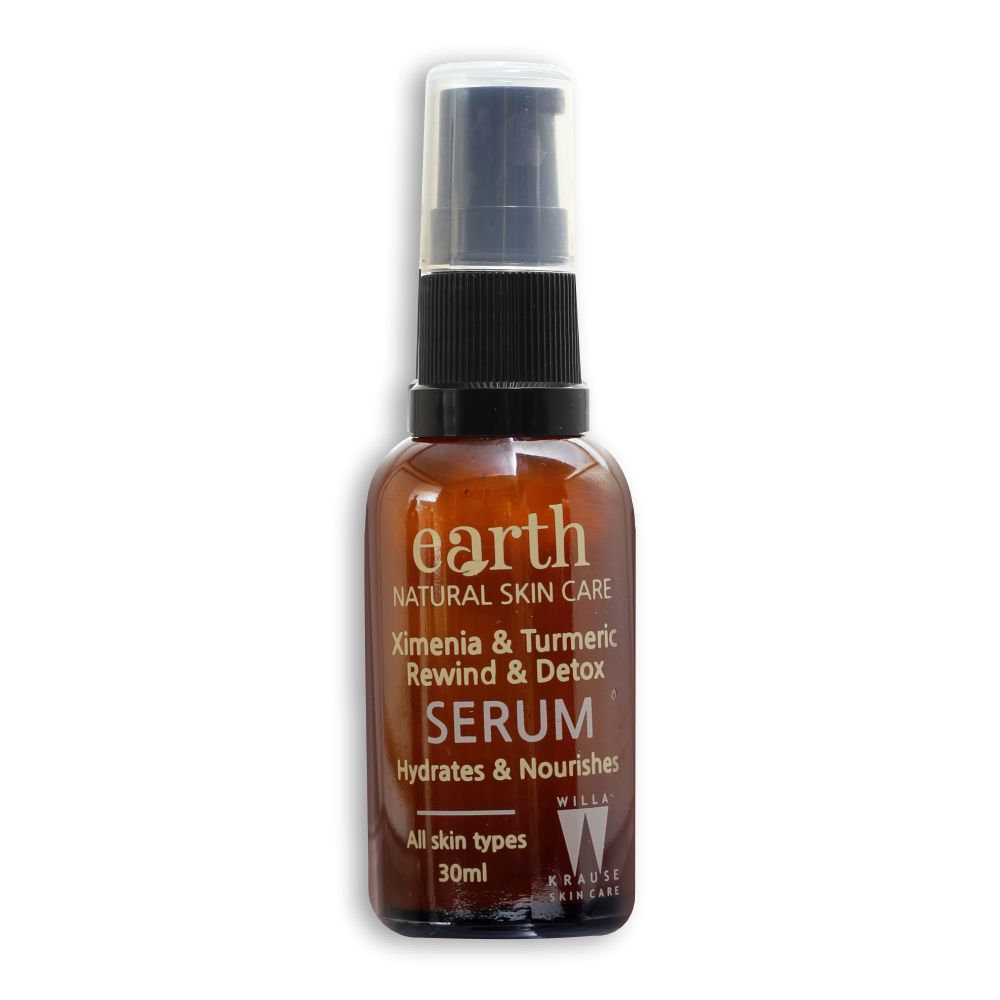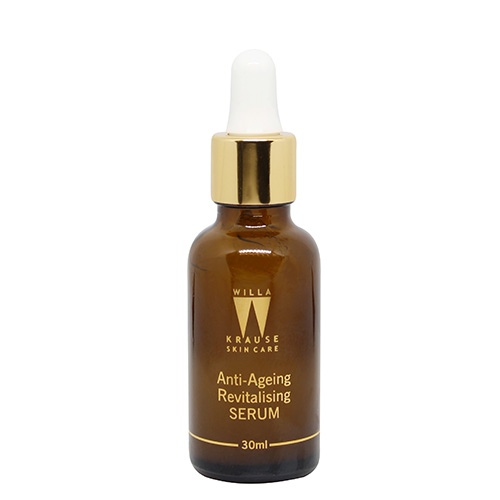Walk down any skincare aisle, and you’ll find products boasting fresh, floral, or citrusy scents. These fragrances can make skincare feel luxurious, but they may also be causing more harm than good—especially for those with sensitive or reactive skin.
While many people assume that a pleasant scent is harmless, the reality is that fragrances in skincare can lead to irritation, allergic reactions, and even long-term skin damage.
So, should you avoid fragrance in skincare altogether? Understanding what’s in your products and how these ingredients affect your skin is the first step in making an informed choice.
Key Notes
- Fragrances in skincare can cause irritation, allergies, and long-term skin sensitivity.
- Labels like “fragrance-free” and “unscented” have different meanings—know what to look for.
- Many fragrance ingredients are undisclosed, making it hard to assess their safety.
- Essential oils can also trigger skin reactions, despite being naturally derived.
- Fragrance-free skincare helps protect the skin barrier and reduce unnecessary irritation.
Understanding Fragrances in Skincare
What Are Fragrances?
Fragrance in skincare refers to any ingredient added to create a scent. These can be derived from natural sources like essential oils or synthetic compounds made in labs. In both cases, fragrances serve no functional benefit for skin health—they exist purely for sensory appeal.
Common Sources of Fragrances
Fragrance ingredients fall into two main categories:
- Synthetic Fragrances – Chemically created scents often made up of multiple compounds, including phthalates, which help scents last longer.
- Natural Fragrances – Derived from plant-based sources, such as citrus oils, lavender, and rose extract. While they sound safer, they can still cause irritation, especially for sensitive skin.
Many products list “fragrance” or “parfum” on their ingredient labels without disclosing the specific compounds used. This lack of transparency makes it difficult for consumers to know exactly what they’re applying to their skin.
Potential Risks Associated with Fragrances
Skin Irritation and Allergic Reactions
Fragrances are among the most common causes of contact dermatitis, a condition that results in redness, itching, burning, and flaking. Some people develop these reactions immediately, while others experience sensitization over time, meaning the skin becomes more reactive with repeated exposure.
Even if your skin doesn’t react visibly, fragrance ingredients can still weaken the skin barrier, leading to increased dryness, inflammation, and a higher risk of breakouts. Those with eczema, rosacea, or naturally sensitive skin are particularly vulnerable.
Respiratory Issues
Many fragrance compounds contain volatile organic compounds (VOCs) that can trigger respiratory problems in individuals prone to asthma or allergies. Even if a product is applied topically, the scent can linger in the air, causing irritation when inhaled.
Hidden Chemicals and Lack of Transparency
Fragrances are proprietary blends, meaning companies don’t have to disclose the exact chemicals used. Some formulas contain hundreds of individual compounds, many of which haven’t been tested for long-term safety.
Certain fragrance ingredients, like phthalates and synthetic musks, have been linked to hormonal disruption and potential toxicity concerns. While research is ongoing, the lack of ingredient transparency makes it difficult to assess the full risk.
Identifying Fragrances in Products
Reading Ingredient Labels
To spot fragrance in skincare, check the ingredient list for:
- “Fragrance” or “Parfum” – A catch-all term that can hide multiple ingredients.
- Essential Oils – Citrus, lavender, peppermint, and eucalyptus oils can act as natural fragrances but may still irritate the skin.
- Benzyl Alcohol, Linalool, Citral, Eugenol – Common fragrance compounds that can trigger reactions.
Understanding “Fragrance-Free” vs. “Unscented”
Many assume that “unscented” means a product is free from fragrance, but this isn’t always the case.
- Fragrance-Free – No added fragrance ingredients, though the product may still have a natural scent from other components.
- Unscented – May contain masking agents that neutralize odors but still include fragrance ingredients.
For truly fragrance-free skincare, look for products explicitly labeled as fragrance-free rather than unscented.
Alternatives to Fragranced Skincare
Benefits of Fragrance-Free Products
Using fragrance-free skincare can help:
- Reduce the risk of irritation – No unnecessary chemicals that can cause redness or inflammation.
- Strengthen the skin barrier – Fewer irritants allow the skin’s natural defense system to function properly.
Lower the chance of long-term sensitivity – Avoiding fragrance reduces cumulative exposure, lowering the risk of developing reactivity over time.
Fragrance-free skincare isn’t just about avoiding irritation—it’s about supporting long-term skin health. Many synthetic and even natural fragrances can weaken the skin barrier, leading to increased sensitivity, dryness, and breakouts over time. By choosing products like those in the Willa Krause Natural Earth Range, you’re giving your skin the care it deserves without exposing it to unnecessary additives.
The Ximenia & Turmeric Rewind & Detox Serum is a perfect example of this commitment to skin-friendly formulas. With deeply hydrating Ximenia Seed Oil and a blend of Bilberry fruit, Rosemary extract, and marine ferment, this serum works at a cellular level to restore energy to tired skin. Whether you’re dealing with dullness, dehydration, or environmental stress, its antioxidant-rich formula helps bring your skin back to life. Turmeric’s natural anti-inflammatory properties add an extra layer of protection, helping to soothe irritation and promote an even, healthy glow.


For those looking for an effective yet gentle alternative to traditional retinol, the Backhaul Rejuvenating Serum is an excellent choice. Bio-retinol, or Backhaul, mimics the effects of conventional retinol—boosting collagen production, improving skin texture, and reducing fine lines—but without the irritation that many retinol products can cause. This makes it ideal for sensitive skin types or anyone looking to introduce renewing, anti-aging benefits into their routine in a gentle yet effective way.
Choosing fragrance-free, cruelty-free skincare ensures that your skin gets the best ingredients without unnecessary risks. If you’re unsure which products are right for your skin type, visit your nearest Willa Krause consultant or salon for expert, personalized skincare advice tailored to your needs.
FAQs
- Why does Willa Krause avoid fragrance in all skincare products?
Fragrances can cause irritation, disrupt the skin barrier, and trigger allergic reactions, even in non-sensitive skin. - Is the Natural Earth Range suitable for acne-prone skin?
Yes, the fragrance-free formulas reduce irritation, while ingredients like turmeric and rosemary help calm breakouts. - Can the Ximenia & Turmeric Rewind & Detox Serum be used daily?
Absolutely! Its hydrating and antioxidant-rich ingredients make it safe for daily morning and night use. - How does Bio-Retinol differ from traditional retinol?
Bio-Retinol delivers retinol-like benefits without irritation, making it a gentler option for sensitive skin. - Does fragrance-free mean the products have no scent at all?
No, they may have a mild natural scent from ingredients like plant extracts, but no synthetic or added fragrance. - Can I layer the Bio-Retinol Cell Renewal Serum with other active ingredients?
Yes, it pairs well with hydrating serums and antioxidants, but avoid using it with strong exfoliants at the same time.
Final Thoughts
Fragrance in skincare may smell pleasant, but it offers no real benefits—and for many people, it poses a risk. Irritation, allergic reactions, and hidden chemicals make it an ingredient worth reconsidering, especially for those with sensitive or reactive skin. Switching to fragrance-free alternatives can help maintain a healthy skin barrier and reduce unnecessary exposure to potential irritants.
For expert personalized advice on choosing the right skincare for your skin type, visit your nearest Willa Krause consultant or salon today!


